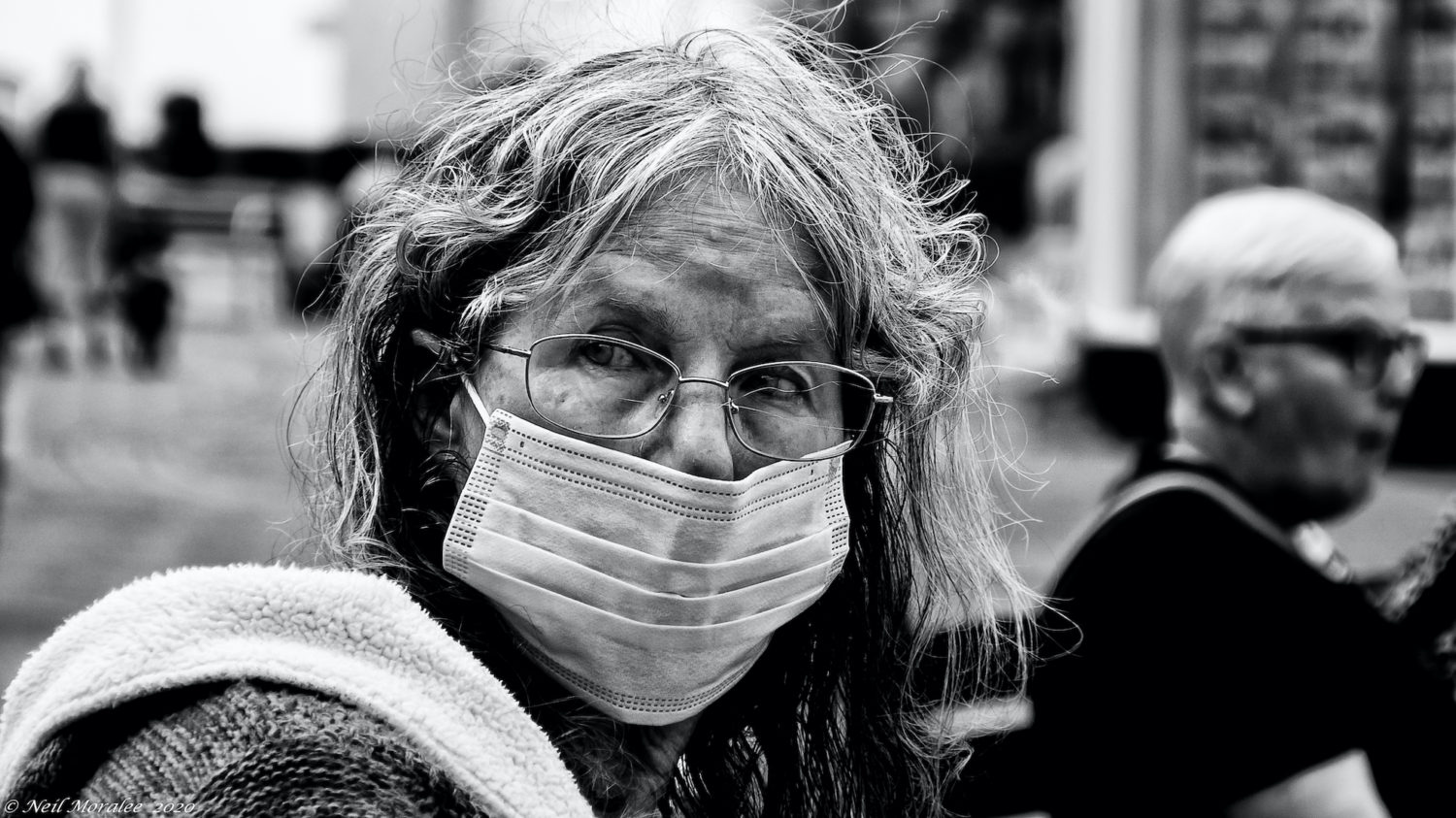A better future
Labour must set out its vision to right the injustices the pandemic has laid bare, writes Keir Starmer MP
In January, I was honoured to speak at the Fabian New Year conference. That event was called ‘What Next?’. Looking back, it feels like a timely reminder of how quickly politics and society can change with events: just 11 days later, the first two cases of coronavirus were recorded in the UK.
It is safe to say that no one in attendance that day could have predicted the world we are now living in. We are reminded everywhere we go: by becalmed public transport, masked shoppers and businesses that are still closed. This September, we should have gathered as a party and a movement for Labour’s annual conference in Liverpool. Instead our members came together virtually for Labour Connected.
The challenges posed by Covid-19 are immense and manifold. So far, there have been 64,000 excess deaths in the UK. Behind every single one is a life taken too early and a family left without a loved one. But we will not understand the full scale of the damage for years, if ever. The economic impact is still unfolding. The deleterious effect on our collective mental health may never truly be known. The attainment gaps that already existed in our education system have been further entrenched.
From the beginning of this crisis, Labour has promised to be a constructive and responsible opposition. Under my leadership, our party will always act in the national interest. That means having the courage to support the government to get things right while challenging when things can be done better. We have been true to these principles throughout, proposing ideas – such as the furlough scheme – that have then been adopted by the government, giving credit where it is due and accepting that in these unprecedented circumstances, no government could be expected to get every decision right straight away. But equally, there have been many occasions where the government and the prime minister have tested the limits of that.
The cold reality is that, throughout this crisis, the government has been a step behind. As a result, we were too slow into lockdown, too slow to ramp up testing and too slow to provide protective equipment to the frontline workers who have been keeping people safe. The failure to grasp what was going on in our care homes was catastrophic – with analysis showing that more than 400 residents were dying every day at the height of the pandemic. The subsequent attempts by the prime minister to lay blame at the door of care homes themselves was shameful.
People will make their own judgement as to why these mistakes were made. But it is increasingly clear that this government’s toxic mixture of ideology and incompetence is holding Britain back from recovery.
The chancellor has put millions of jobs at risk with his refusal to make support schemes more targeted: as they wind down, businesses wind up. His refusal to do what it takes is creating thousands of job losses every week. The government’s handling of exam results caused hundreds of thousands of children, parents and teachers unimaginable anxiety and hurt. And the government’s ‘world-beating’ test, trace and isolate scheme remains a mirage for many parts of the country, where the system barely functions. The infamous app – once heralded by the health secretary as the key to unlocking the country and the economy – has seemingly disappeared.
We are still in the initial phase of this crisis: understanding it, dealing with the challenges it creates and adapting to them. But it is also crucial that when we emerge – which we will – we have learned lessons. Because the truth is that coronavirus has exposed the fault lines within our society. It has drawn back the curtain on a society, an economy and public services left fragile and underprepared by a decade of mismanagement. There can be no going back to business as usual.
When the country went into lockdown at the end of March, we quickly learned who our key workers really are. They are the health and care workers who cared for those in most need, often at great risk to themselves; the supermarket workers who kept shelves stocked during fraught times; the people on the frontline who emptied bins, kept streets safe and services running. Never again should they be taken for granted: where once they were last, now they must be first.
We have also learnt a lot about the nature of our friends, our neighbours – and ourselves. In recent years much has been said and written about the atomisation of society. As society, work and lifestyles have changed, and technology has become a bigger and bigger part of our lives, social participation has fallen. It has become accepted wisdom that people are more selfish and individualistic. But this crisis has brought out the generosity of spirit and kindness that – I believe – still characterises us. Neighbours checked on neighbours; people made sacrifices to protect the NHS and the lives of others; hundreds of thousands signed up to volunteer for the NHS, while many more helped out in local community groups. During the Labour leadership contest, I said that another future is possible – but we have to fight for it and own it. Harnessing this spirit – one based on people’s innate sense of duty, community and contribution – to a positive vision of the future of our country is the task that now faces us all.
Over the coming months and years, Labour will be setting that vision out. But the beauty of our movement is that we do not do this on our own, locked away in dark rooms in Westminster. We work with and alongside our friends and colleagues from every region and nation of the United Kingdom: from our members, the union movement, our affiliated socialist societies.
For more than 130 years the Fabian Society has been at the forefront of the intellectual thinking of our great movement, advancing the cause of equality of power, wealth and opportunity. But for too much of our shared history, we have made these arguments while languishing in opposition. It is a decade since we held national power. By the next general election in 2024, it will have been almost 20 years since Labour last won a general election: a lost generation. That is why we have made it our mission in the first months of my leadership to re-engage with the public: not just to listen but to hear. For too long we have given the impression that we were set to transmit when we should have been on receive.
The world has been changed irrevocably by Covid-19. There can be no looking backwards, longing for what came before. The future will belong to those with the courage and the vision to seize it. If we want to see Labour back in power, creating a better, fairer society; a stronger, greener, sustainable economy; restoring Britain’s moral position in the world; giving the country a government it can be proud of, then we must – again – stand shoulder to shoulder to make it happen. Another future is possible: a better future. The fight for that future begins here.
Image credit: Neil Moralee/Flickr

